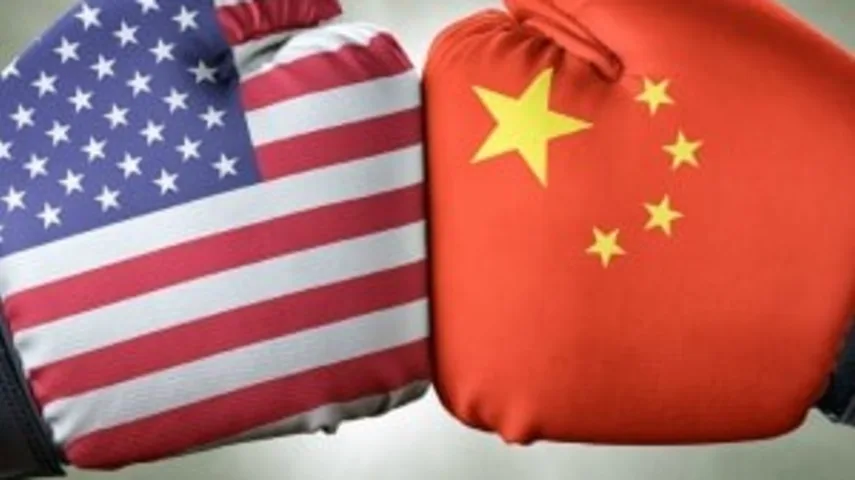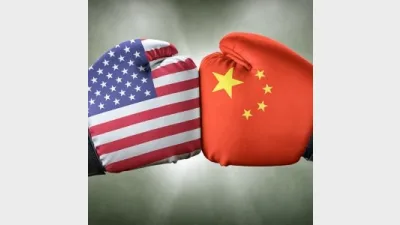Sustainability more pressing than US-China trade war



While the potential impacts of the US-China trade war are atop most investors’ minds, sustainability issues, particularly global waste and climate change, are potentially more pressing, according to Robeco’s head of ESG, Masja Zandbergen-Albers.
Zandbergen-Albers said three sustainability trends that would become increasingly important in 2019 were climate change, global waste and Sustainable Development Goals (SDG).
The head of ESG said, given fossil fuels and high energy-intensity industries still account for 70 per cent of greenhouse gas emissions, she expects stronger regulation in the climate change area.
As well, Zandbergen-Albers expects a move from a linear to a circular economy as the pressures on the environment from a growing population take their toll.
“Embedding circular principles into operations will reduce resource consumption, improve resource efficiency and reduce the overall cost of waste management, which is good for the bottom line,” she said.
SDG investing could also overtake the traditional socially responsible investing (SRI) style, with over 80 per cent of funds in the Dutch pension market discussing SGDs in board meetings.
“Compared to the traditional way of SRI investing, which is often a best-in-class approach investing equally in all sectors, taking into account not only the operational and behavioural aspects of companies, but also the contribution of their products to sustainable development, is bringing a different perspective,” she said.
Recommended for you
LGT Wealth Management is maintaining a neutral stance on US equities going into 2026 as it is worried whether the hype around AI euphoria will continue.
Tyndall Asset Management is to close down the Tyndall brand and launch a newly-branded affiliate following a “material change” to its client base.
First Sentier has launched its second active ETF, offering advisers an ETF version of its Ex-20 Australian Share strategy.
BlackRock has revealed that its iShares bitcoin ETF suite has now become the firm’s most profitable product line following the launch of its Australian bitcoin ETF last month.












